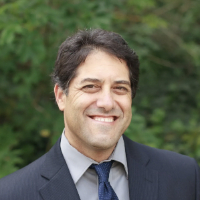 Santa Cruz Trusts Lawyers, California
Santa Cruz Trusts Lawyers, California
Sponsored Law Firm
-
 x
x

Click For More Info:
-
Law Office of David E. Castro
4970 Rocklin Rd Suite 300 Rocklin, CA 95677» view mapAccident & Injury Law Your Local, Legal Professionals
The Law Office of David E Castro is a multi-specialty law practice that provides compassionate, individualized, and aggressive legal counsel.
800-745-0730
Sponsored Lawyers
1-10 of 55 matches
PO Box 831
Santa Cruz, CA 95061
Estate, Trusts, Wills
Corporate, Trusts, Commercial Real Estate, Immigration
Civil Rights, Estate, Medicare & Medicaid, Elder Law, Trusts
Wills, Trusts, Child Custody, Household Mold
Collection, Civil Rights, Estate Planning, Trusts, Gift Taxation
Civil Rights, Child Custody, Estate Planning, Real Estate, Trusts
Administrative Law, Elder Law, Family Law, Trusts, Government Contract



 David E. Castro Rocklin, CA
David E. Castro Rocklin, CA Practice AreasExpertise
Practice AreasExpertise

